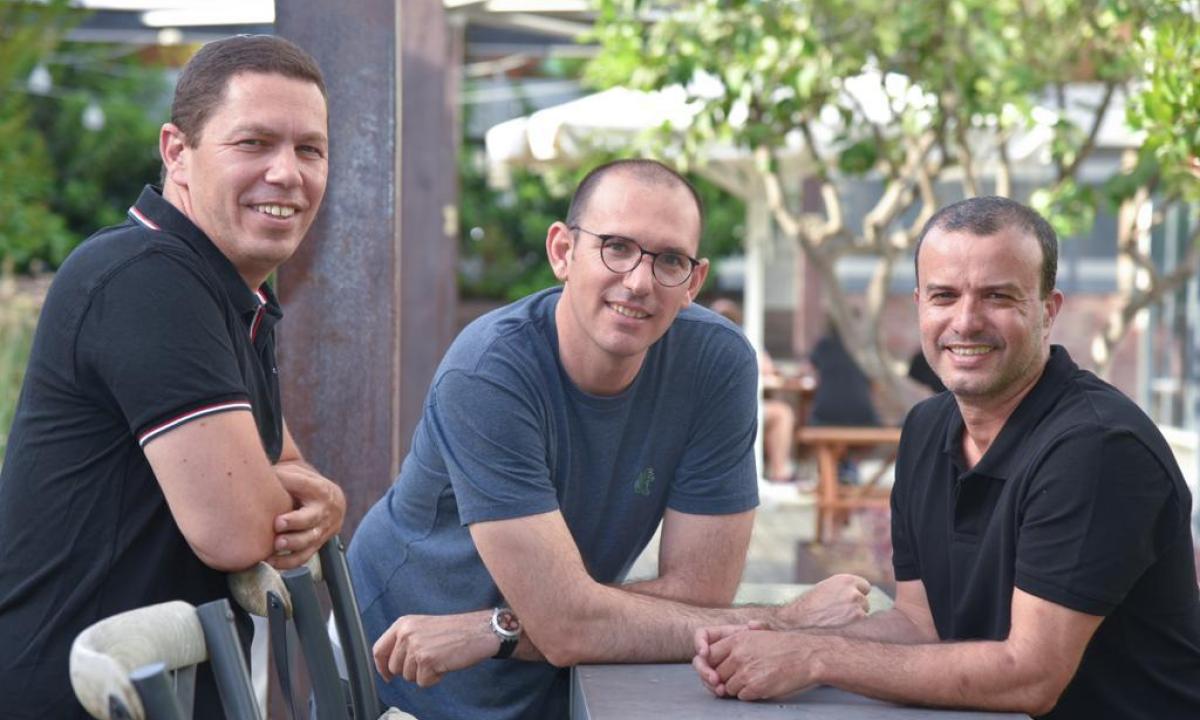Here is an excerpt from 250wr on seven ways to avoid decision paralysis followed by a book review on Why Smart People Make Big Money Mistakes And How to Correct Them by Gary Belsky & Thomas Gilovich.
There’s a passage in Atul Gawande’s Complications: A Surgeon’s Notes on an Imperfect Science that captures three decades of research on human judgment. “The mind overestimates vivid dangers, falls into ruts, and manages multiples pieces of data poorly. It is swayed unduly by desire and emotion and even the time of day. It is affected by the order in which information is presented and how problems are framed.”
In this “news-feed” era, there’s simply too much information. And as long as Google exists, it will be harder and harder to say “I don’t know,” even though the feel of not knowing–those vexing moments when we can’t think of the answer–is the critical last step of problem-solving. Instead of pushing through a mental impasse, we pull out our phones and search for information, even though more information can often detract us from making an accurate judgment. It’s a frustrating, self-perpetuating cycle.
Luckily, there’s a helpful guide to counter the problem of TMI and to avoid what researchers term “decision paralysis.” In Why Smart People Make Big Money Mistakes, columnist Gary Belsky and Cornell psychologist Tom Gilovich offer seven helpful tips to sharpen our decision-making. Each tip is geared toward financial decisions, but they’re applicable in many domains.
Seven Ways to Avoid Decision Paralysis
- Choose fewer choices
- Remember: deciding not to decide is a decision
- Don’t forget opportunity costs
- Put yourself on autopilot
- Make deadlines work for you
- Play your own devil’s advocate
- If you’re not an expert, ask one
See full article by 250words.com
Decision Paralysis – Why Smart People Make Big Money Mistakes And How to Correct Them: Description
Why Smart People Make Big Money Mistakes And How to Correct Them by Gary Belsky & Thomas Gilovich
A fascinating and practical manual: Looking at the ways we spend, save, borrow, invest, and waste money, Gary Belsky and Thomas Gilovich reveal the psychology underlying irrational financial behavior. Entertaining case studies illustrate common patterns of thinking and show readers how changing their habits can protect and grow their assets. .
New information for a new economic climate: Belsky and Gilovich offer sound theory and sensible advice that accounts for new economic realities and helps people make good decisions in these difficult times.
Increasing prominence of the field: Interest in behavioral economics has increased dramatically since the first edition was released. This updated volume will offer the latest research to readers eager to learn about its practical applications..
Decision Paralysis – Why Smart People Make Big Money Mistakes And How to Correct Them: Review
“A terrific introduction to the emerging science of behavioral finance.” — Money magazine
“Great stuff. Fresh and helpful.” — BusinessWeek
“Why Smart People Make Big Money Mistakes And How to Correct Them is a very helpful book is aimed at the novice and the expert, and you come away from it somewhat chastened by your own financial mistakes, but hopeful that you might learn a thing or two about holding onto your hard-earned cash. The authors don’t offer simplistic solutions, but hard facts and sound advice.”
–Robert J. Hughes, SmartMoney
About the Author
Gary Belsky is editor in chief of ESPN The Magazine, where he has worked since 1998. The author of several books, he lectures frequently on the psychology of decision-making to business and consumer groups around the world. From 1994 through 1998, Belsky was a regular commentator on CNN’s Your Money and a frequent contributor to Good Morning America, CBS This Morning, Crossfire and Oprah; he continues to appear on local and national radio and TV, commenting on sports, economics, business and personal finance. A St. Louis native, Belsky graduated from the University of Missouri in that city in 1983 with a BA in speech communication and political science. Before joining ESPN he was a writer at Money magazine and a reporter for Crain’s New York Business and the St. Louis Business Journal. In 1990, Belsky won the Gerald Loeb Award for Distinguished Business and Financial Journalism, administered by The Anderson School at UCLA. Belsky, who lives in Manhattan, serves on the board of directors of Urban Pathways, one of New York City’s largest providers of services to the homeless and mentally ill; as well as the New York Neo-Futurists, an East Village theater company.
Thomas Gilovich is a professor of psychology at Cornell University and author of How We Know What Isn’t So. He lives in Ithaca, New York.





